Inside: Music is a powerful way to help kids with learning disabilities. All learning disabilities start with auditory processing and music strengthens the auditory cortex which in turn helps children and teens challenged by learning disabilities. Here are ways music can help.
Learning Disabilities and Children
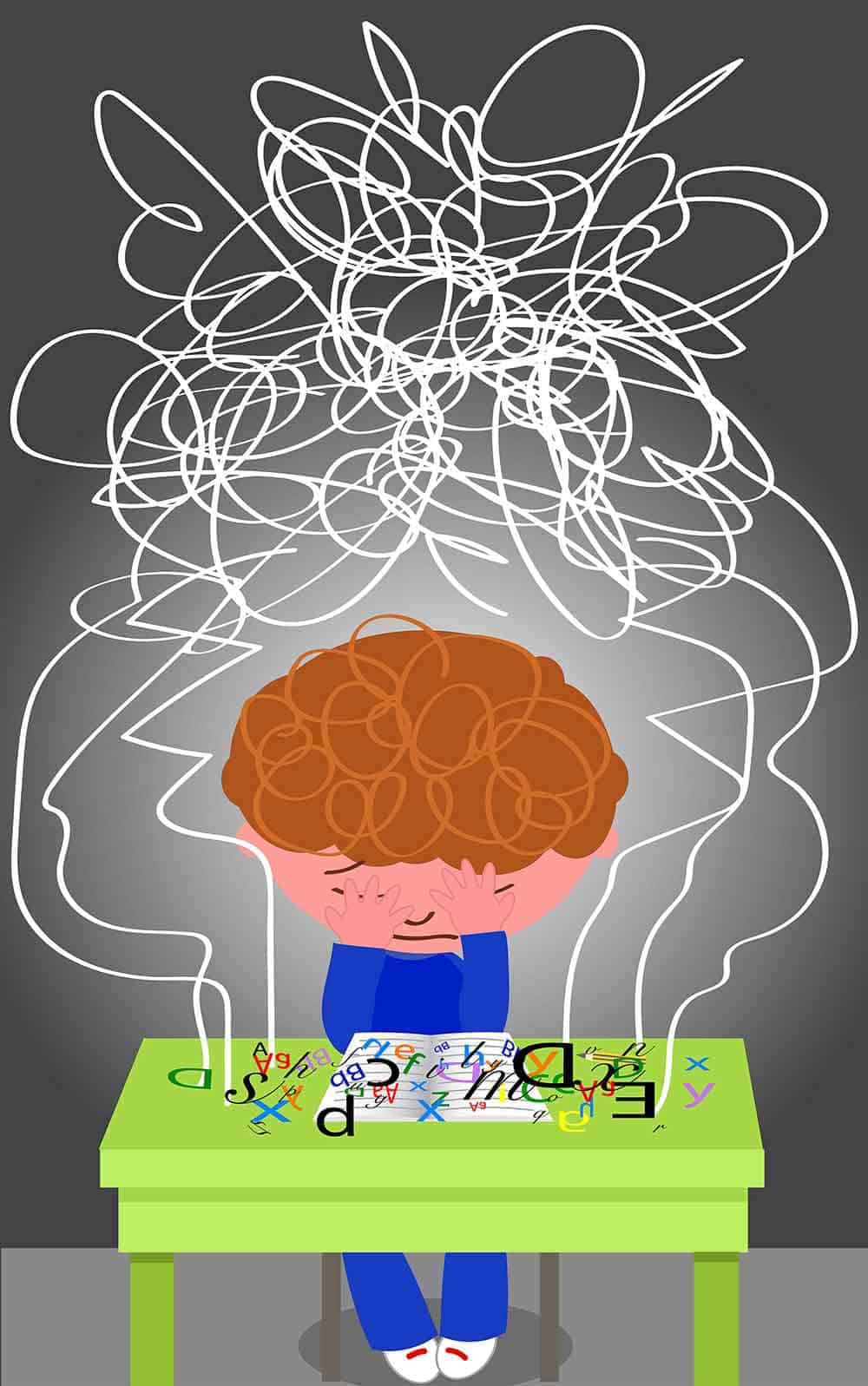
Almost all learning disabilities start with auditory processing–the child can hear, but he can’t process or understand what he hears
Does your child suffer from a learning disability? Did you know that 25% or one out of every four children entering school today has some kind of a learning disability? And it’s a growing problem.
Learning disabilities are not only on the rise…they are complex. Why? Because they involve layers of problems. Most children with learning disabilities suffer from many-layered issues that affect their abilities to learn. For instance, an LD (learning disabled) child can experience some of the following issues and some children may experience all of these to some degree:
- Sensory Integration (SI)
- Auditory Processing Disorder
- Visual-Motor Disorder
- Visual Processing
- Attention Deficit Disorder (ADHD)
- Delayed language
- Emotional issues that affect learning
Learning Disabilities Start With Auditory Processing Disorder
All learning disabilities start with auditory processing. This means the child does not have a problem hearing but has difficulty processing what he/she hears. This exacerbates other learning issues.
For instance, a child with an auditory processing disorder may have delayed language because she is not able to process sound correctly. Other children will exhibit attention disorders because trying to process information is so difficult that can’t stay on task. Others will have problems with spelling, writing and overall learning.
Most have difficulty reading. Why? Because when a child learns to read they use ears first, eyes second. They need to hear the nuances and sounds of the letters before they can pronounce the words which require processing sounds–an auditory function.
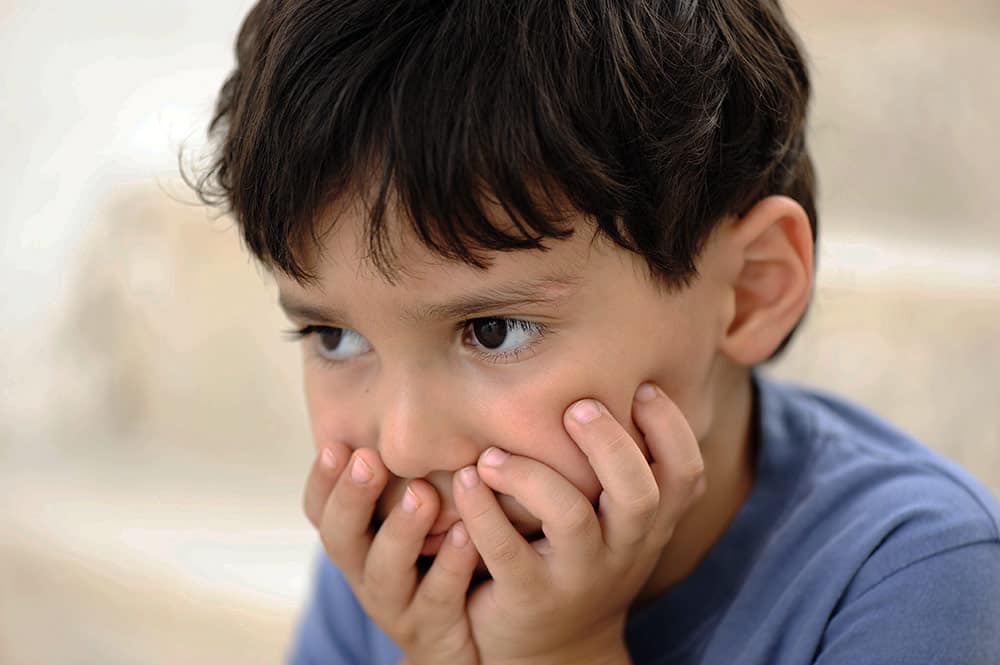
An auditory processing issue will affect the child’s ability to read, write, listen and spell. Music can help with this disorder
Music Strengthens the Auditory Cortex
In order to help a child with auditory processing, you need to expose them to something that strengthens the auditory cortex.
That something is MUSIC.
Music strengthens the auditory, visual and motor cortices of the brain–simultaneously–and all areas of the brain affected by learning disabilities.
Here are some suggestions:
Music Lessons
Enroll your child in music lessons. It’s important that they practice every day because learning a musical instrument gives the brain a healthy workout which translates into your child learning easier and more effectively.
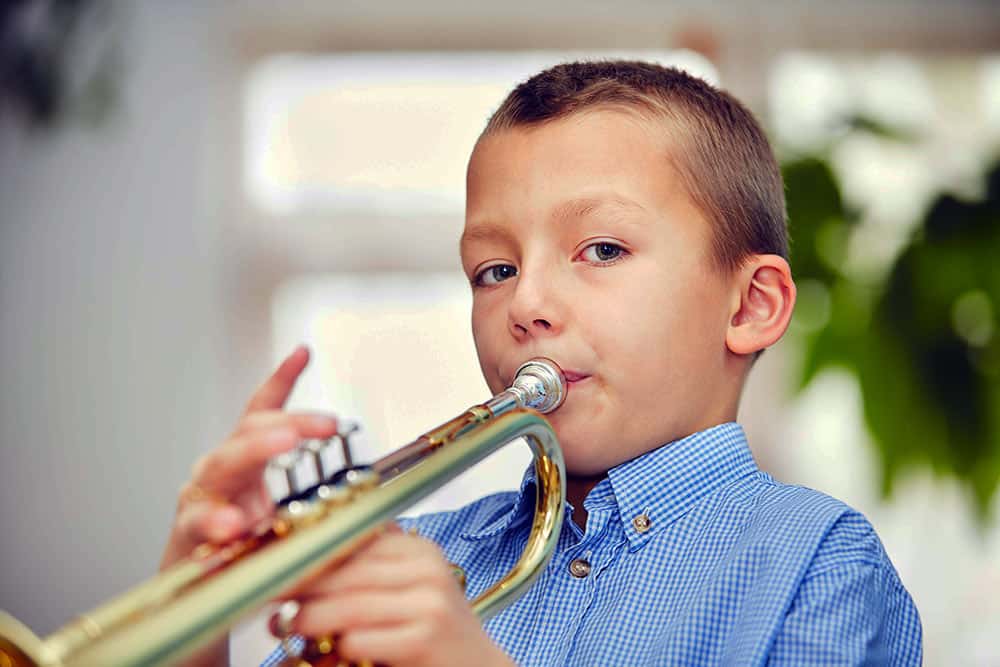
Enroll your learning disabled child in music lessons. Music strengthens the auditory cortex of the brain and helps a learning disabled child to learn
Here are some instruments to consider:
- Brass instruments such as tuba, trombone or trumpet. These are good instruments for children with learning issues because they do not use as many fingers as most instruments
- Piano: The piano is a percussion instrument and your learning disabled child may have difficulty at first learning to play the piano because they have to look at the music and the correct keys to strike. But, it’s an excellent instrument for stretching their brain as they use both hands, feet (for the pedals), eyes to see the music and ears to hear the music. It involves many processes.
- Voice: When a child learns to sing they are strengthening the auditory cortex as they learn to sing on pitch. Think of it as brain aerobics targeting the auditory cortex.
Filtered Music: Integrated Listening Systems
Another option is enrolling your child in programs that incorporate acoustically modified music such as Tomatis, Advanced Brain Technologies or Integrated Listening Systems.
Alene Villaneda, an educational therapist and owner of Integrated Learning Strategies uses acoustically modified music as one therapy to help the LD children she works with.
She uses a sound therapy program called Integrated Listening Systems (iLs) and Advanced Brain Technologies (ABT) for her students. Since 1994, she has worked with children who have a variety of learning disabilities including auditory processing disorder, ADD/ADHD, dyslexia, sensory processing disorders, speech and language issues, and autism.
Specifically speaking, she helps children who suffer from issues relating to
- auditory processing (both receptive and expressive language)
- vestibular issues (the foundational system for visual and auditory)
- gross and fine motor problems
- memory and concentration
- anyone who wants to have better listening skills
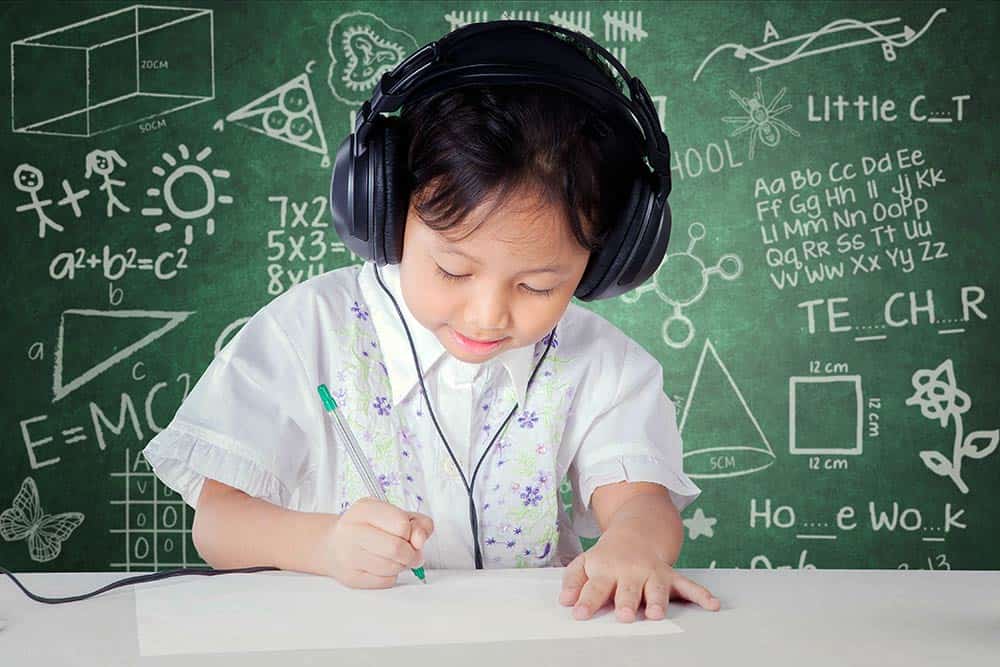
The iLs program and Tomatis music programs require a child to listen to filtered music through headphones. The iLs program allows the child to move or doodle and draw while listening to the music.
The iLs and ABT programs use filtered classical music while the children are concurrently doing specific movements and engaging in visual stimulation. This network of sensory systems being simultaneously stimulated—auditory, visual, vestibular, motor, and even emotional control produces impressive results. The child listens to music through headphones.
Filtered Music Helps Kids with Learning Disabilities
Here are some of the results her clients have experienced after using the iLs and ABT programs.
A nine-year-old girl came to Villaneda with severe comprehension and auditory processing problems, as well as attention issues. She also wore very thick glasses. Normally, it would have taken thirty months to fully address these problems, but by combining the iLs program with movement, the young girl experienced a remarkable turnaround in just eighteen months.
She no longer has to repeatedly ask her teacher for clarification of what is said in class (auditory issues), she understands what she reads (auditory and comprehension), her attention span has improved (vestibular/auditory), and even her vision has improved to where her glasses have needed adjustments.
Villaneda began working with an autistic boy when he was seven years old. Although he suffered from expressive language issues, he did understand what people said to him. At the time, he was in a special classroom at school and had difficulty with stimming—a term used to describe constant wiggling and shaking. Villaneda started him on the iLs program, and within six short months, he was talking and reading. Today, he is now in a mainstream classroom. Although he is receiving additional interventions, his parents described his change as “an awakening.”
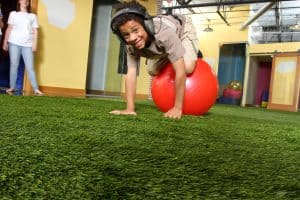
Children with many different learning issues have seen remarkable improvement when working at Integrated Learning Strategies
When five-year-old Monica came to Villaneda, she could not sit still and could not bounce a ball or catch or throw a beanbag. She was unable to focus on an object, could not coordinate her eyes, and never noticed anything around her. Monica appeared normal but would have severe temper tantrums and extreme bouts of anger. Additionally, she did not show any affection toward her parents or siblings.
Within a few short months of being on the iLs program, Monica was transformed: she became grounded, she could throw and catch a beanbag, she became very observant of everything around her, she asked questions, and, best of all, she became a very affectionate child.
Powerhouse Classical Music that Helps Young People Study and Learn
These music programs–Tomatis, Integrated Listening Systems and Advanced Brain Technologies are excellent in what they do and how they help children and even adults. However, there are some limitations. Here’s what they do and don’t do:
- they use the music researched of Dr. Georgi Lozanov
- all use filtered classical music
- all require headphones
- because these programs require headphones, not all children can listen to the music because with some children it can trigger epileptic seizures
- iLs allows movement when listening to the music and ABT allows drawing, etc, but Tomatis does not
- your child cannot do homework or other strenuous tasks when listening to the music
- focuses on the auditory cortex
- they are expensive and cost thousands of dollars
However, there is another option. It’s a classical music program I developed (Powerhouse Classical Music that Helps Young People Study and Learn) and is based on Dr. Lozanov’s original research. Here’s the comparison:
- all the music included has also been studied and researched by Dr. Georgi Lozanov
- does NOT use filtered classical music
- does NOT require headphones and does not trigger epileptic seizures
- can be used by all children–and not just those suffering from learning challenges
- the child does homework, studies, strenuous work, etc. while listening to the music
- changes the way the brain processes information allowing the person to memorize easily, concentrate, pay attention. It also induces alpha waves which lessen anxiety, depression and helps with emotional regulation
- is not expensive
I have helped literally hundreds of people use this music with amazing results. And for my master’s thesis, I did a formal study using this music and showed up to an 85% increase in memory when listening to the music. In September 2020, I will be offering this course again. Click here to get on the waitlist and I will send you an email when it opens.
Do you have any experience using music to help your learning disabled child? Please comment in the section below.
Want to remember this post? Post, “It’s Powerful: How to Help Children With Learning Disabilities” to Your Favorite Pinterest Board.
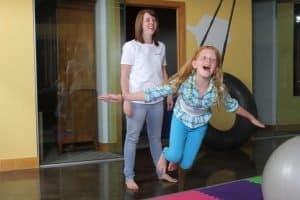
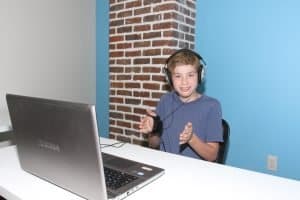
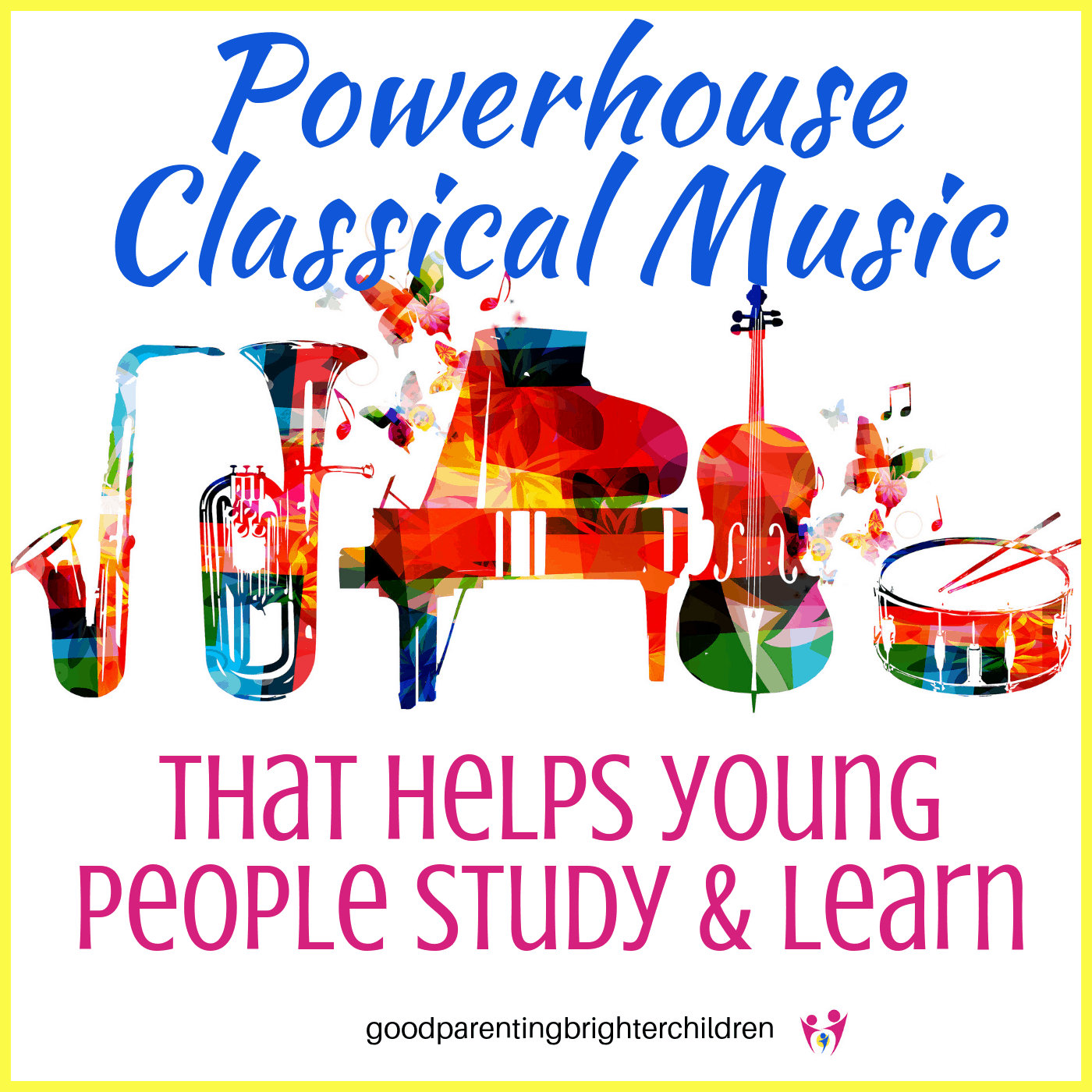
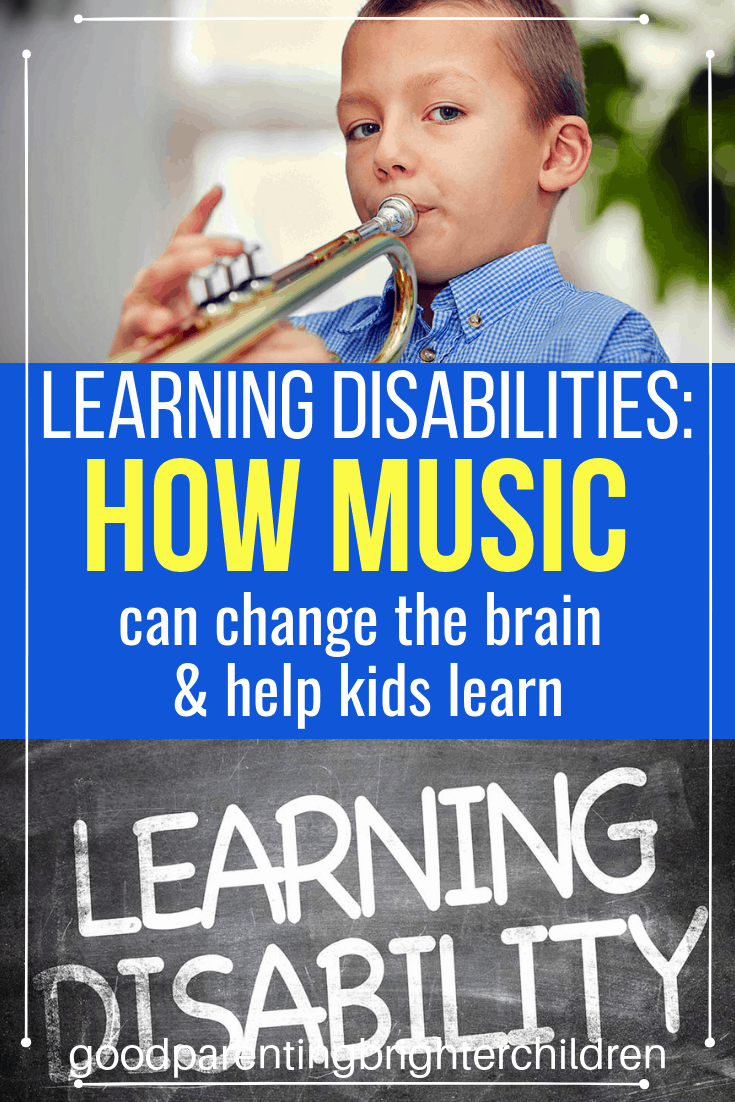
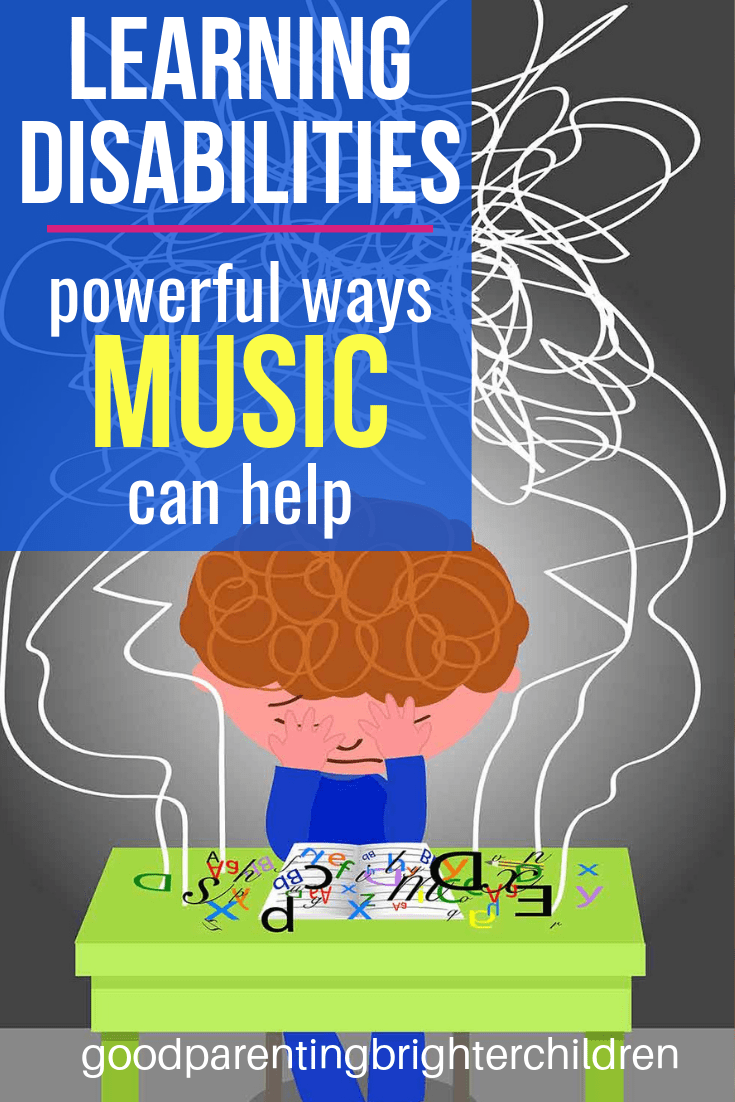
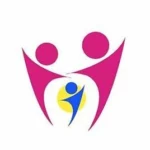

I just wanted to state that I highly recommend your course and urge parents to get on the waiting list you linked until it releases again. My son, Zach, showed increased focus and performed better on tests. It’s so simple to implement and the results are undeniable. Sharlene is just as much the “powerhouse” as the music is. Love this site and everything she stands for!
Thank you Tiffany! I so appreciate your kind vote of confidence. Like you, we want what will help our children think, learn and progress. It seems so simple that something like classical music would be that learning link for our children–but it’s always the seemingly simple things that have the greatest impact. Classical music itself is not simple–it’s very complex–but turning it on to help our children is the simplest task ever. Thank you for your amazing support and insights!
The article is very inspirational. This is amazing that how nicely music can help children with learning. My niece has learned how to talk through the Beatles Music. Thank you Paul, Ringo, George and John.
I’m glad you enjoyed it! Yes, music is very powerful in how it helps kids of all ages to learn–even children who are challenged by learning issues. And I think it’s amazing that your niece learned to talk listening to the Beatles! Did she have a favorite? Was she also listening to classical music (by any chance?). Thank you for sharing!
Thank you for the nice words. At the moment my niece has got into the piano and she plays “Twinkle, Twinkle, Little Star” all day. She is also into Disney songs from cartoons these days. She can either sing them or move to them. It’s such a bless to see her grow up happy and healthy!